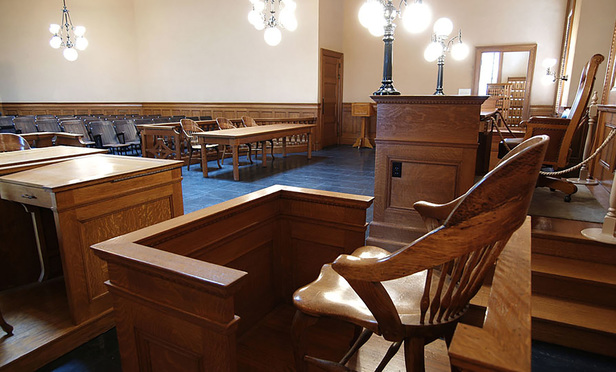Direct examination is often neglected, perhaps because that is one of the few points of the trial counsel is least able to control. Rather than embracing direct examination as an opportunity to have the witness discuss her story with the jury, most direct examinations are, unfortunately, a tepid, forced, death march of testimony. To overcome this problem, I share some thoughts on how to have your witness meaningfully engage with the jury. Beware: direct examination can turn sour in a second, so always be on your toes. Recognizing that trial is all about dealing with surprises, here are some thoughts that may help you and your client in your next direct examination.
Theater Director, Professor, Story Teller
Trial is an artificial world, akin to a play, so many trial lawyers posit that lead trial counsel is the director of the production. Others advise that the trial lawyer is a professor or story teller, using witnesses and exhibits to bring the material or story to life. Although there is some truth to each of these concepts, they miss one core idea—the idea of engaging in an actual discussion with the jury. If you treat the jury as what actors call “the fourth wall’ then there is the play and separately the audience. Consider bringing the jurors into your play or movie so that you think of your client and the jury together as “us,” rather than plaintiff, defendant and separately the jury.



